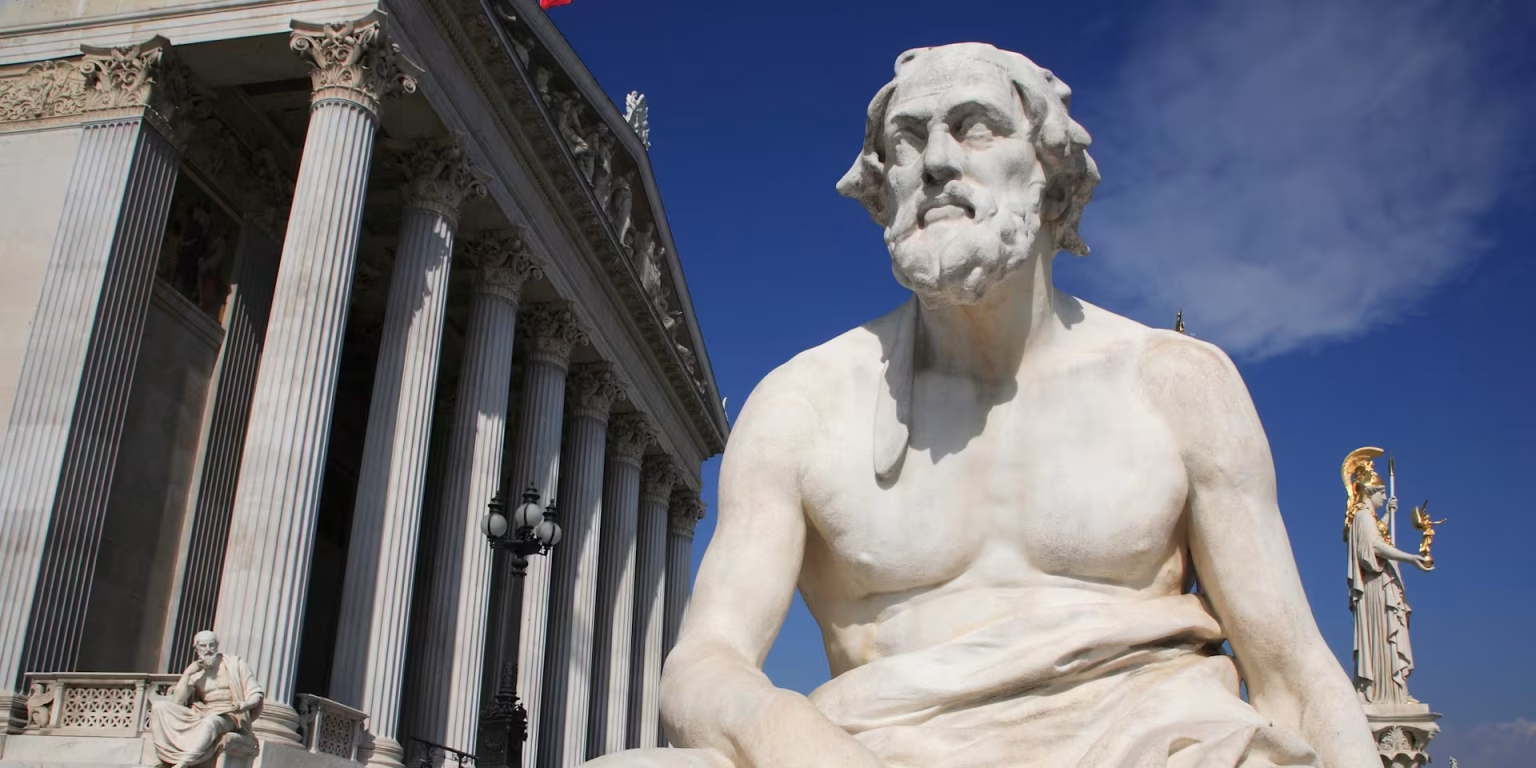Shafi Mawla
The importance of the word “journalist” needs no fresh explanation its significance spans across the globe. Delivering factual and truthful information to the public is a sacred duty that defines the profession. However, the journalism we see today is not the final form of the discipline. Journalism has a long and rich history, and to understand its roots, we must look back to the very first journalist in human history Thucydides.
Thucydides was an ancient Greek historian, widely regarded as the world’s first journalist. He is celebrated for his commitment to presenting history through the lens of logic and realism. Historical evidence places his lifetime between 460 and 400 BCE.
His most famous work, History of the Peloponnesian War, remains a valuable resource for historical research to this day. As a direct witness to the war, Thucydides brought real-life observation and factual accuracy into his writing. His approach marked one of the earliest examples of objective reporting and evidence-based analysis in both news and historical writing.
What set Thucydides apart was his rejection of myths and divine interventions. Instead, he focused on political and military strategies, human behavior, and the effectiveness of leadership. Thucydides believed that history was not merely a record of past events, but a powerful tool for learning and preparation for the future.
In his process of gathering information, he prioritized eyewitness accounts, interviews, and written records methods still at the heart of modern journalism. His analytical, fact-based style laid the groundwork for journalistic integrity and critical reporting.
Thucydides believed in the unchanging nature of human behavior, suggesting that understanding the past was essential for shaping the future. His work not only represents an early form of journalism but also serves as the foundation for modern historiography.
Even today, his insights into human nature, power, and politics remain deeply relevant. Thucydides stands as a pioneer and influential figure in the history of human civilization rightly remembered as a forefather of modern journalism.
Journalism is one of the busiest professions in today’s world. Those working in this field remain under relentless pressure. Yet, amid all the demands of the job, it is worth remembering Thucydides the pioneer who introduced to the world the noble craft of journalism. From generation to generation, there is a responsibility to express gratitude to Thucydides, and to continue practicing journalism guided by his ideals and principles.
Above all, journalists must hold firmly in their hearts the truth that this sacred profession should never be tainted by falsehoods or inaccuracies acts that would undermine the very integrity of journalism. That is why knowing Thucydides is essential. Today, two and a half millennia later, we pay our heartfelt respects to him.
The writer is research enthusiast and freelancer


